Freedom is the right to tell people what they do not want to hear. George Orwell.
Australian spies will soon have the power to monitor the entire Australian internet with just one warrant.
Journalists, whistleblowers and even bloggers who “recklessly” disclose “information … [that] relates to a special intelligence operation” will face up to 10 years’ jail.
Any operation can be declared “special”.
ASIO will have criminal and civil immunity (thus green lighting forms of torture)
Those who identify ASIO agents could also face a decade in prison – a tenfold increase in the existing maximum penalty.
It might be a criminal offence to travel to a terrorist hot-spot without a reasonable cause.
I doubt many of the sitting politicians have lived under a police state or a tyrannical regime. Well I have, and I can now smell and taste it from a long way off.
I was born in South Africa under the repressive and brutal apartheid regime. (But being white, I really didn’t understand how brutal). The government and the laws of the day censored speech and thought. And journalists were fearful of crossing the line in criticizing the government. The laws were profoundly manipulative and the general populace (like me) were spooked into a ‘brain-inveigled’ state to automatically censor their thinking and accept repression as ‘normal’. It took me more than a decade after leaving South Africa to ‘unlearn’ self-censorship, and to begin questioning openly again. But fortunately since then, I feel compelled to speak my mind.
I was brought to this beautiful lucky country by a spouse – and I have became a proud Australian. But for me these laws are deja vu. Politicians like George Brandis have this passionate “manipulation-fear-speak” that I remember well from the South Africa’s Prime Ministers Hendrik Verwoerd and B J Vorster . Like this extract of Vorster’s speech in Bethlehem …
“it is vital that you have the knowledge that that political party will ensure your safety and will bring about peace and order in your fatherland” AND in 1967
“We listen to the radio and we read the newspaper, and let me say at once that I know of very few places that are safer and more peaceful at this moment than this very Southern Africa”.
But now – in Australia – as a news provider, I am being warned: Beware – if you recklessly disclose (even the truth) – the authorities will lock you away for a very long time. It might seem, for now, that we are on the right side of these laws – but they feel more draconian than South African law ever was. They must surely be the worst in the developed world.
But why do they represent a tyrannical approach to society? We have to take it on good faith that ASIO is representing the people of Australia. We do not have the ability to check. Politicians come and go – but ASIO is not an elected body – so by default is an organisation with continuum and in control of its agenda (without scrutiny or disclosure). They know more secrets than our politicians do. They brief our politicians – and so they can operate with seeming impunity – without already fragile checks and balances. Now I am not saying they are corrupt or intend to abuse these powers – it is that there are no longer brakes on a system that has the opportunity to function like a tyranny.
A hypothetical: It is 2027 and a journalist discovers that elected politicians have been blackmailed and manipulated into selling Australia and putting us in virtual slave camps. This ‘secret operation’ cannot be revealed.
These laws have sold us down the river.
Let us look at a few comparisons.
Egypt – Peter Greste
And award winning Australian journalist Peter Greste: Accused for – trying to tarnish Egypt’s image by broadcasting false information; and accused of holding meetings with members of the Muslim Brotherhood (recently declared a terrorist organisation). He was sentenced seven years – in an open court, that, to us, seemed a sham. Australia was outraged. PM Tony Abbott even raised the case of jailed Australian journalist Peter Greste with the Egyptian president in person. Describing the Egyptian president as a “reluctant jailer”, Mr Abbott said he was hopeful of a positive outcome as President el-Sisi was allowing the Egyptian legal process to run its course.
What would this case look like under the new Australian laws – and spying on the Muslim Brotherhood had been deemed a secret operation? Would Peter Greste’s situation be more grim?
South Africa – Donald Woods / Steve Biko
Our Australian laws now a far cry from freedom.
You might have seen Richard Attenborough’s film – CRY FREEDOM – about journalist Donald James Woods (CBE) and Steve Biko, leader of the anti-apartheid Black Consciousness Movement. Woods was a white South African anti-apartheid activist and editor of the Daily Dispatch from 1965 to 1977. He had several scrapes with the South African Security Police regarding editorial matters and on numerous occasions ruffled the feathers of Prime Minister B. J. Vorster, but he found himself tiptoeing around the increasingly oppressive policies to control the press.
Woods befriended Biko (above) in the era of police brutality and shootings. Biko had been involved in clandestine contacts with two (outlawed) anti-apartheid movements, the African National Congress (ANC) and the PAC. He was eventually arrested – then battered to death (Woods’ photographs were the evidence of these beatings). Soon after Biko’s death, Woods was placed under a five-year ban, was stripped of his editorship, and not allowed to speak publicly, write, travel or even work for the duration of his ban. Over increasing harassment to his family, and now without a passport, he decided to flee across into Lesotho and sought exile in London. In 1978, he became the first private citizen to address the United Nations Security Council.
If this situation were to happen under the new Australian laws would Woods have been subjected to ‘house arrest’ or an Australian prison?
Gambia “Chief” Ebrima Manneh
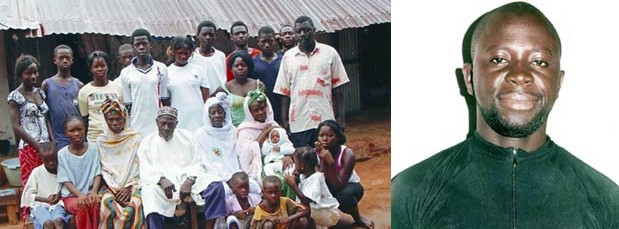 Emrima Manneh (R) and his supportive family
Emrima Manneh (R) and his supportive family
Two plainclothes officers of the National Intelligence Agency arrested Manneh at the office of his newspaper, the pro-government Daily Observer. The reason for the arrest was unclear, although some colleagues believe it was linked to his attempt to republish a BBC article critical of President Yahya Jammeh. Despite dozens of inquiries from international organizations, the government has not provided a credible account of what happened to Manneh after he was taken into custody in 2006. In 2008, the Court of Justice of the Economic Community of West African States ruled that Gambia had unlawfully seized Manneh and ordered his immediate release. Sketchy and conflicting details have emerged about Manneh’s whereabouts, health, and legal status – and speculation is that he is no longer alive. He was never charged with a crime.
Suppression of the journalist and whistleblower is suppression of democracy.
And it is all perspective – as the life of Nelson Mandela demonstrated.
As Tony Abbott has said on many occasions – these laws are about combatting crime – and the crime of terrorism.
That maybe the open intention – but in the end it will be more about concealing crime.












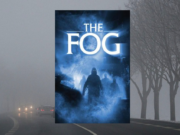














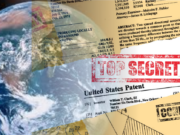

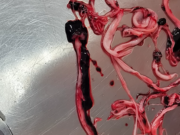
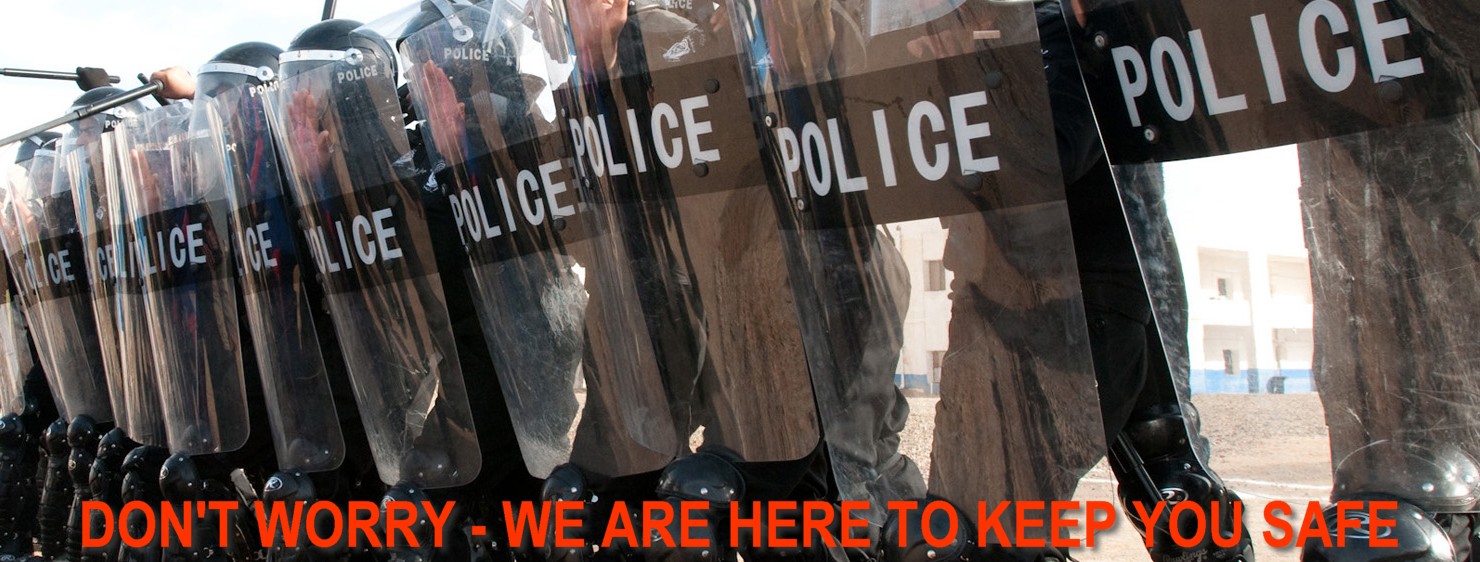


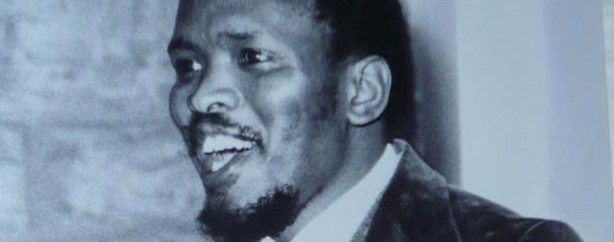
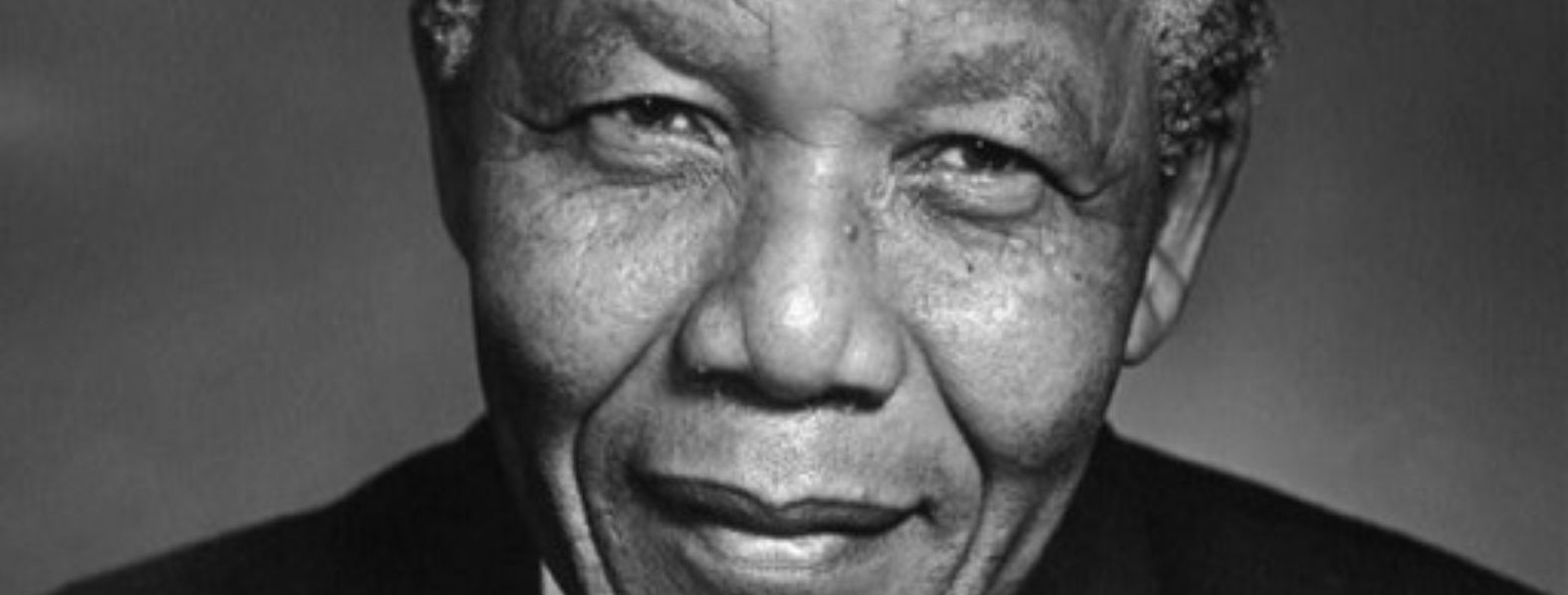
[…] We should be very wary of this kind of ‘speak’ – as I report here in Teetering Towards Totalitarianism […]
[…] have been immensely inspired by Dalia Mae’s essay “Teetering Towards Totalitarianism” (September 28, 2014). It could only have been written by someone who experienced the […]
[…] lived under the oppressive apartheid regime, I described in a previous post TEETERING TOWARDS TOTALITARIANISM three classic examples of government oppression on honourable journos: Peter Greste, Donald […]
[…] by Dalia Mae Lachlan at Gumshoenews.com, entitled “Austyranny, the New Australia,” and “Teetering Towards Totalitarianism.” She suggests that the new sedition laws in Australia, which criminalize some of our free speech, […]
[…] is worse than the Apartheid regime (See my article on Teetering Towards Totalitarianism). But sadly, this trend to crush whistle-blower journalism is worldwide (and has an orchestrated […]
[…] myself (This took many years to undo). And now, not much is different in 2014 Australia. As I said in a previous article – Teetering Towards Totalitarianism – these truly draconian laws have little to do […]
[…] Here in Australia and in several other countries, governments have declared a legislative ‘fatwa’ on free speech. Journalists, whistleblowers and even bloggers who “recklessly” disclose “information relating to a special intelligence operation will face up to 10 years’ jail. And any operation can be declared “special” (irrespective whether the operation may be a criminal act). […]
[…] is wrapping these barbed laws up in satin and silk. I wrote in September 2014 (in Teetering Towards Totalitarianism) about the new laws that can lock up journalists and whistleblowers for 10 years, […]
[…] article on “Teetering Towards Totalitarianism” explains that politicians in Australia passed laws that can imprison journalists for up to […]
[…] quote from my September 2014 article, “Teetering Towards […]
[…] quote from my September 2014 article, “Teetering Towards […]
[…] in September 2014, I wrote an article entitled, “Teetering Towards Totalitarianism.” To quote my […]